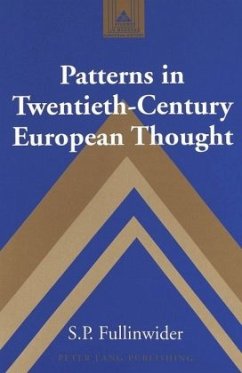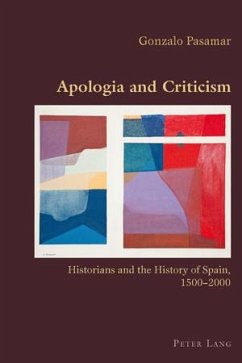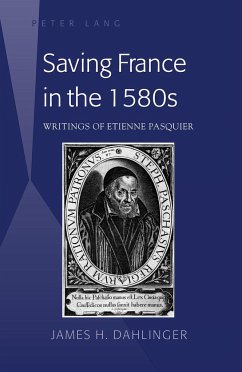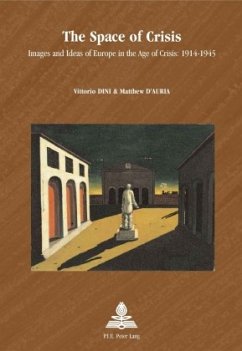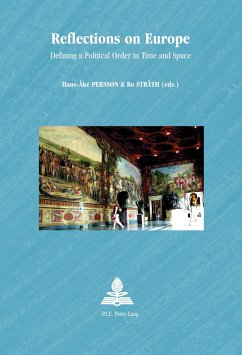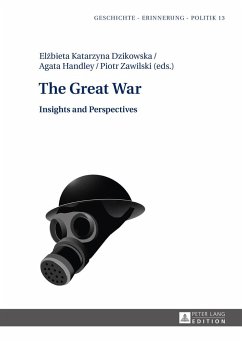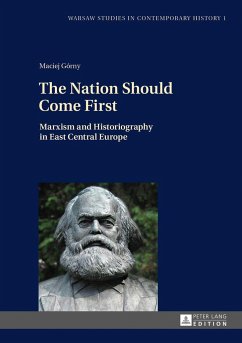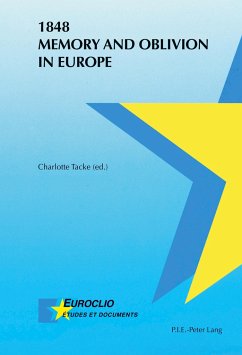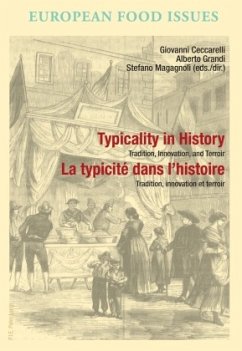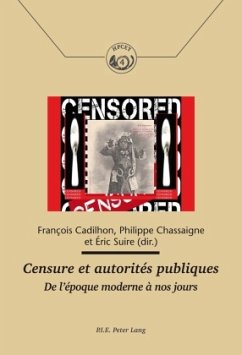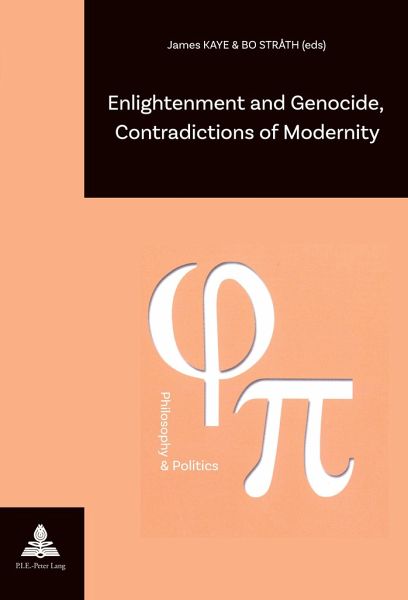
Enlightenment and Genocide, Contradictions of Modernity
Versandkostenfrei!
Versandfertig in 6-10 Tagen
56,35 €
inkl. MwSt.

PAYBACK Punkte
0 °P sammeln!
On the threshold to the 21st century the cry «never again» seems illusory, even absurd. Did it ever harbour credibility? Were we so naive? The Holocaust was not a finality, not the end of «final solutions» in Europe. Genocide has continued to emerge as an active element in European politics and policies. Kosovo and Bosnia provide testament. This book presents the concept of genocide as a political and social tool in modern Europe, not only reconciled with modernity, but as what may be an integral component. Modernity, however, is also closely linked with the Enlightenment and its concepts ...
On the threshold to the 21st century the cry «never again» seems illusory, even absurd. Did it ever harbour credibility? Were we so naive? The Holocaust was not a finality, not the end of «final solutions» in Europe. Genocide has continued to emerge as an active element in European politics and policies. Kosovo and Bosnia provide testament. This book presents the concept of genocide as a political and social tool in modern Europe, not only reconciled with modernity, but as what may be an integral component. Modernity, however, is also closely linked with the Enlightenment and its concepts of tolerance, equality and liberty. This volume sheds light upon the inherent contradictions of modernity between Enlightenment and genocide, and on how this ambivalent European heritage is confronted.
This book was produced in the framework of the research project The Cultural Construction of Community in Modernisation Processes in Comparison in co-operation between the European University Institute in Florence and Humboldt University in Berlin.
This book was produced in the framework of the research project The Cultural Construction of Community in Modernisation Processes in Comparison in co-operation between the European University Institute in Florence and Humboldt University in Berlin.



